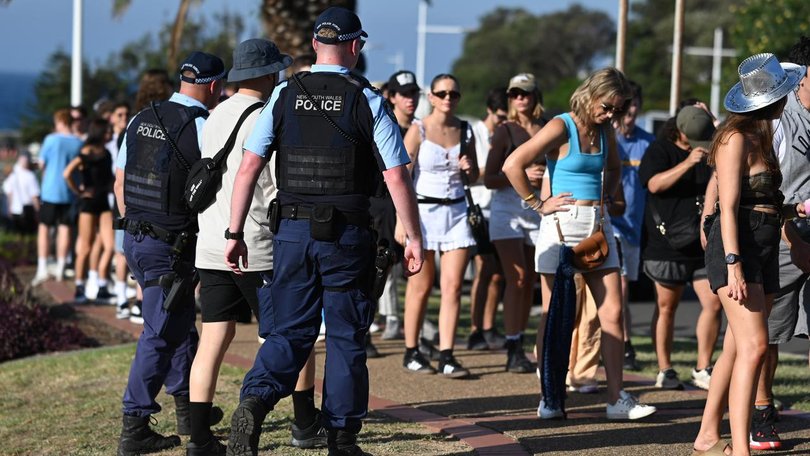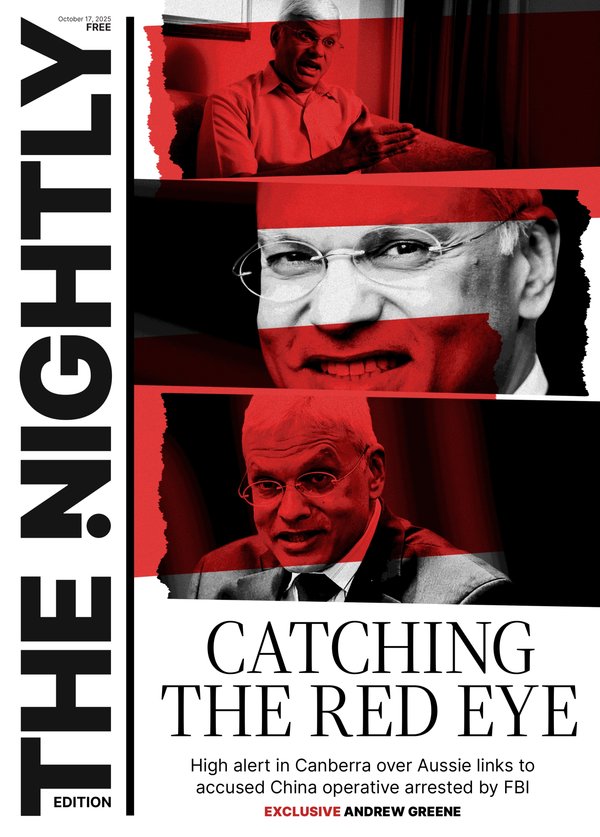Revealed: NSW Police strip-searched 82,000 people in a decade, most found nothing

Barely one in 10 strip searches in one state have resulted in drugs being found, prompting renewed calls for the practice to be scrapped in suspected cases of low-level possession.
Harm Reduction Australia’s analysis of NSW Police search data spanning a decade found just six per cent of the more than 82,000 searches ended with a drug possession conviction.
A much smaller share netted a drug supply conviction in the period examined, from 2014 to 2023.
Sign up to The Nightly's newsletters.
Get the first look at the digital newspaper, curated daily stories and breaking headlines delivered to your inbox.
By continuing you agree to our Terms and Privacy Policy.Some 6700 of those searches were triggered by a positive indication from a drug dog, but only 40 per cent of that share resulted in the discovery of illicit substances.
Of 82,471 strip searches conducted during the decade, 87 per cent did not find drugs.
The data was revealed two months after a NSW Supreme Court class action alleged tens of thousands of drug searches at music festivals between 2016 and 2022 were regularly unlawful.
Harm Reduction Australia wants all strip searches based on suspicion of minor drug possession scrapped, along with an end to searches on children.
It has also called for drug dogs to no longer be used at festivals, events and venues while also recommending more transparency around search data.
“The NSW Police Force continue to use this ineffective, inequitable, risky, statistically inaccurate and systematically deviant strategy which has been found to exacerbate health and social harms,” the report read.
The report also found strip searches disproportionately targeted First Nations people.
“This over-policing undermines more effective public health approaches to drug use and creates justifiable mistrust of the police,” it read.
Greens MP Cate Faehrmann said the government could not justify the tactics on the basis of stopping drug supply.
“NSW Police are routinely subjecting people to traumatising, invasive strip searches based on the unreliable noses of drug dogs, and in the vast majority of cases, they find nothing,” she said.
Premier Chris Minns conceded it was not a “perfect situation” but added there were minimal alternatives to limit the use of potentially deadly substances.
“If we were in a situation where there were absolutely no searches, no drug detection dogs ... carte blanche at music festivals, you would have major health challenges,” he said on Monday.
A NSW Police spokesman said officers must suspect on reasonable grounds that a strip search is necessary in serious and urgent circumstances.
Police are trained to respect privacy, dignity, and cultural sensitivities, with extra safeguards for children and vulnerable people, he said.
In March, NSW Police admitted to unlawfully searching the lead applicant in the class action suit but did not accept fault for thousands of other searches.
Police strip searches have been in focus since 2019 when a woman tearfully admitted to a coroner she no longer attended festivals due to her treatment by officers.
